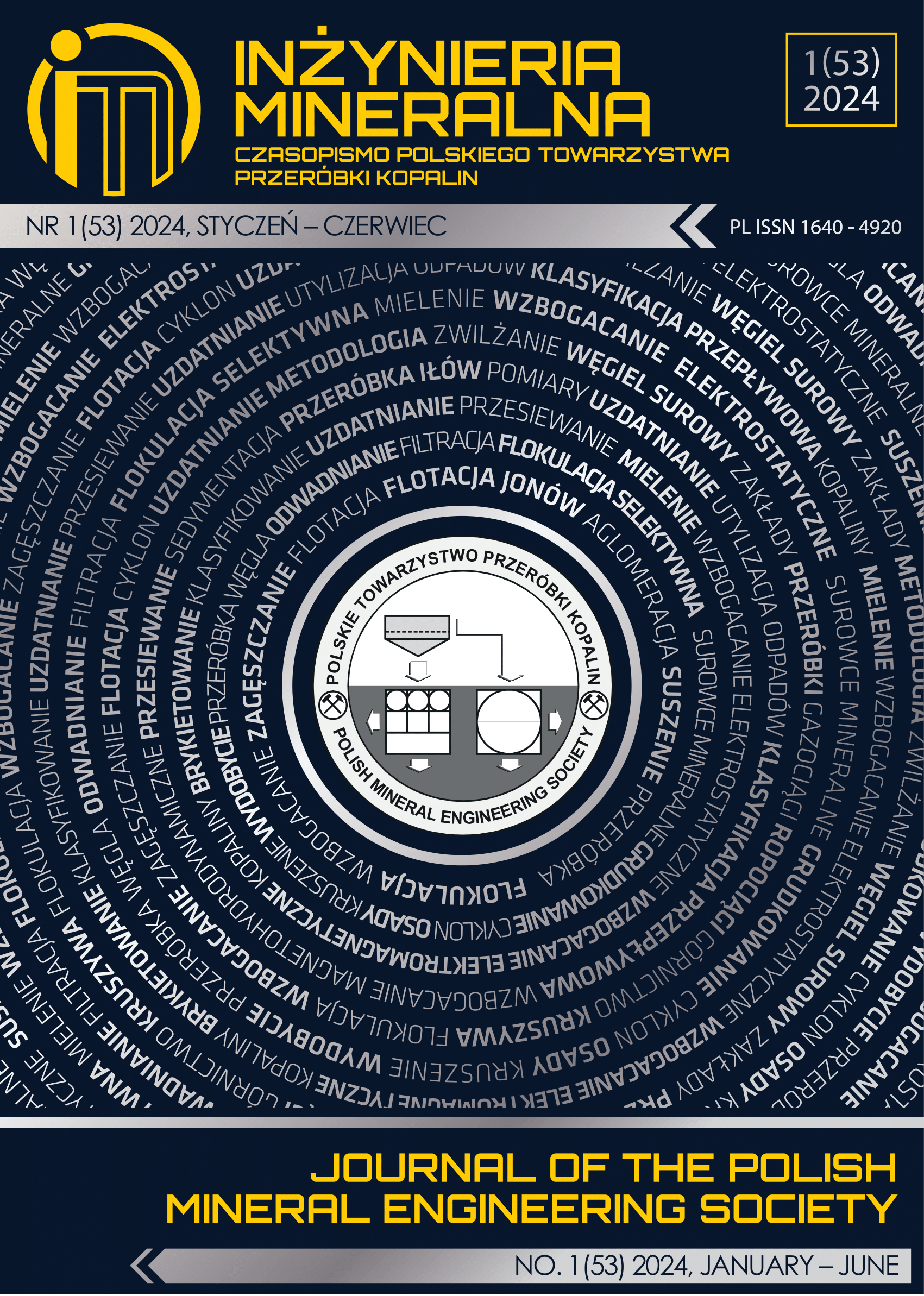Minero-Petrographic Features and Physico-Mechanical Properties of the Macigno Sandstone in the Vellano Area (Pistoia, Tuscany, Italy)
Abstract
The sandstones belonging to the terrigenous deposits of the Macigno Formation (Late Oligocene-Early Miocene) were widely used as building stones in Tuscany (Italy) for the wide distribution of their outcrops and the good qualities of the extracted stone. This research reports the petrographic and mineralogical data, and the physical and mechanical test values collected to evaluate the main technical properties of the Macigno sandstones from the Vellano area, with the purpose of comparing the quality of the stones extracted in this area with those from other quarries in north-western Tuscany. The results, obtained analysing 21 samples from the Vellano quarry and its surroundings, show that sandstones cropping out here are characterized by medium to medium-fine sand-sized grains made up of quartz, K-feldspar, plagioclases, phyllosilicates, lithic fragments, and accessory. Clayey materials and calcite are present as matrix and cement, respectively. The clay fraction is made up of mica-like minerals, chlorite, chlorite/smectite interlayers and, in some samples, corrensite and kaolinite. From the physical and mechanical point of view the analysed samples show low porosity and high flexural and compressive strengths. Compared to the other Macigno sandstone samples from north-western Tuscany, the best samples of Vellano stone show rather comparable mechanical resistance than those quarried at Matraia in Lucca province, which today is another active quarry of sure interest for the good quality of the extracted material.
Copyright (c) 2024 Marco Lezzerini,Andrea Aquino,Claudio Di Petta,Gianni Gallello,Stefano Pagnotta

This work is licensed under a Creative Commons Attribution-ShareAlike 4.0 International License.
This journal permits and encourages authors to post items submitted to the journal on personal websites or institutional repositories both prior to and after publication, while providing bibliographic details that credit, if applicable, its publication in this journal.







.png)
